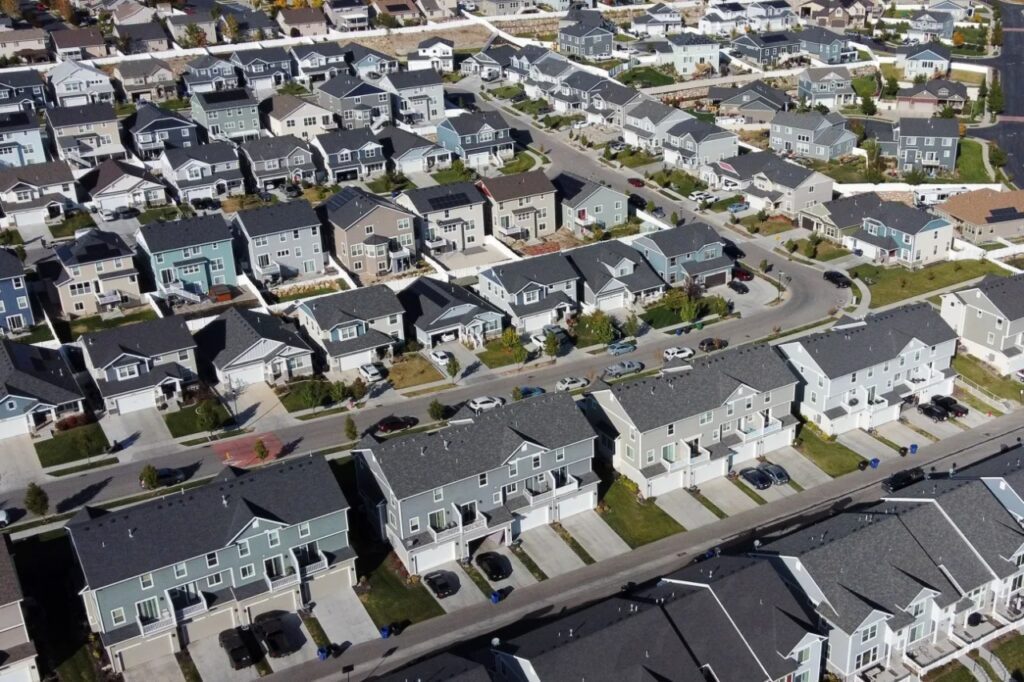Homebuyers and real estate experts have debated the possibility of a property crash following the unprecedented housing boom caused by the pandemic.
Rising inflation and a series of Fed rate hikes have kept mortgage rates high, making this outcome all the more likely.
While a sharp drop in house prices could increase volatility in the real estate market in the short term, research published by J.P. Morgan suggests that this could ultimately lead to higher house prices in 2023. increase.

“Once markets reach the ‘how bad can it get’ stage, a small improvement in policy or macro could lead to a significant rise in asset prices,” said the analyst, referring to the financial giant’s aptly named “incident.” At the end of the .. in a nutshell:
If the U.S. housing market eventually bottoms out (a more likely scenario due to a rapid decline in house prices), it could help ease inflation.
In summary, housing accounts for about one-third of the consumer price index (a measure of the average change in prices consumers pay for goods and services), making it the most influential measure of inflation. It has become. In other words, rising housing costs tend to keep inflation high, and falling prices tend to push inflation down.
Inflation spiked in 2022, driving housing costs up significantly, and pushing housing affordability to its lowest level in a decade. The monthly mortgage cost as a percentage of household income has risen to its highest level since the late 1970s, according to JPM data. With households spending 45% of their income on housing, the CPI will continue to rise in 2023. However, CPI is showing signs of cooling as the housing collapse escalates.
“The housing market meltdown is currently at a rate comparable to the decline in housing construction during the double-dip recession of the 1980s, and will significantly reduce inflation in 2023,” JPM analysts said. wrote.
The company’s forecasts are based not on the mid-’80s real estate bubble burst by a wave of foreclosures, but on the similarities between the dramatic booms and busts in the housing market during the pandemic and the housing market crash of the 1980s. Inflation played a key role in both cycles, driven by a combination of riskier lending practices.
As in the 1980s, a sharp decline in purchasing activity will start to drive down the CPI. His December index, the latest month in CPI data, saw him up 6.5% year-on-year, according to the Bureau of Labor Statistics. However, this figure put him well below his 7.1% rise in November and well below his peak of 9% in June.
Bankrate chief financial analyst Greg McBride said in a December statement that “the consumer price index rose unexpectedly in December.” The easing of inflationary pressures is clear, but that doesn’t mean the Federal Reserve’s job is done. We still have a long way to go to reach 2% inflation.”
A downturn in real estate could certainly help push inflation in that direction. The Fed could pause its 5% rate hike if inflation drops further, according to JPM. The housing market is particularly vulnerable to Federal Reserve action, so the fact that average 30-year mortgage rates are closely correlated with long-term Treasury yields makes lower inflation data more likely to lower housing costs. may lead to a further decline in
